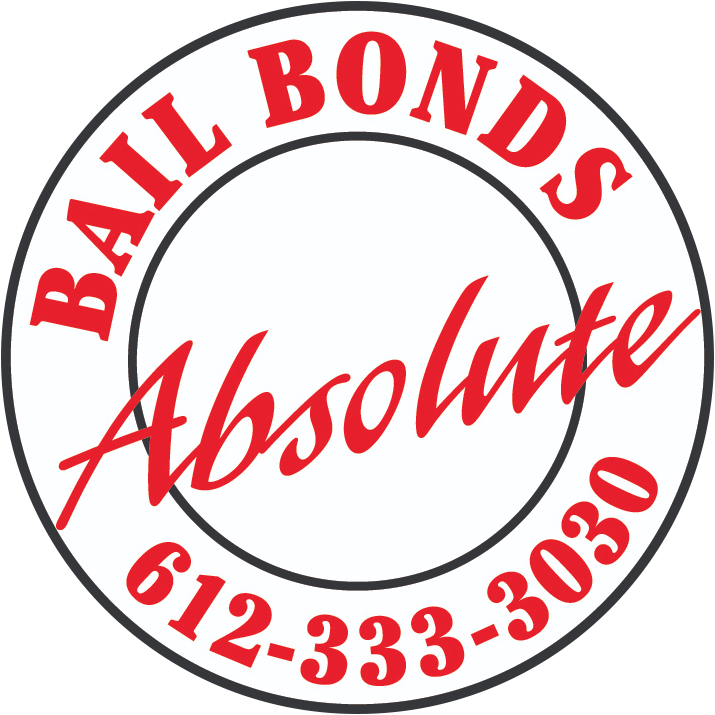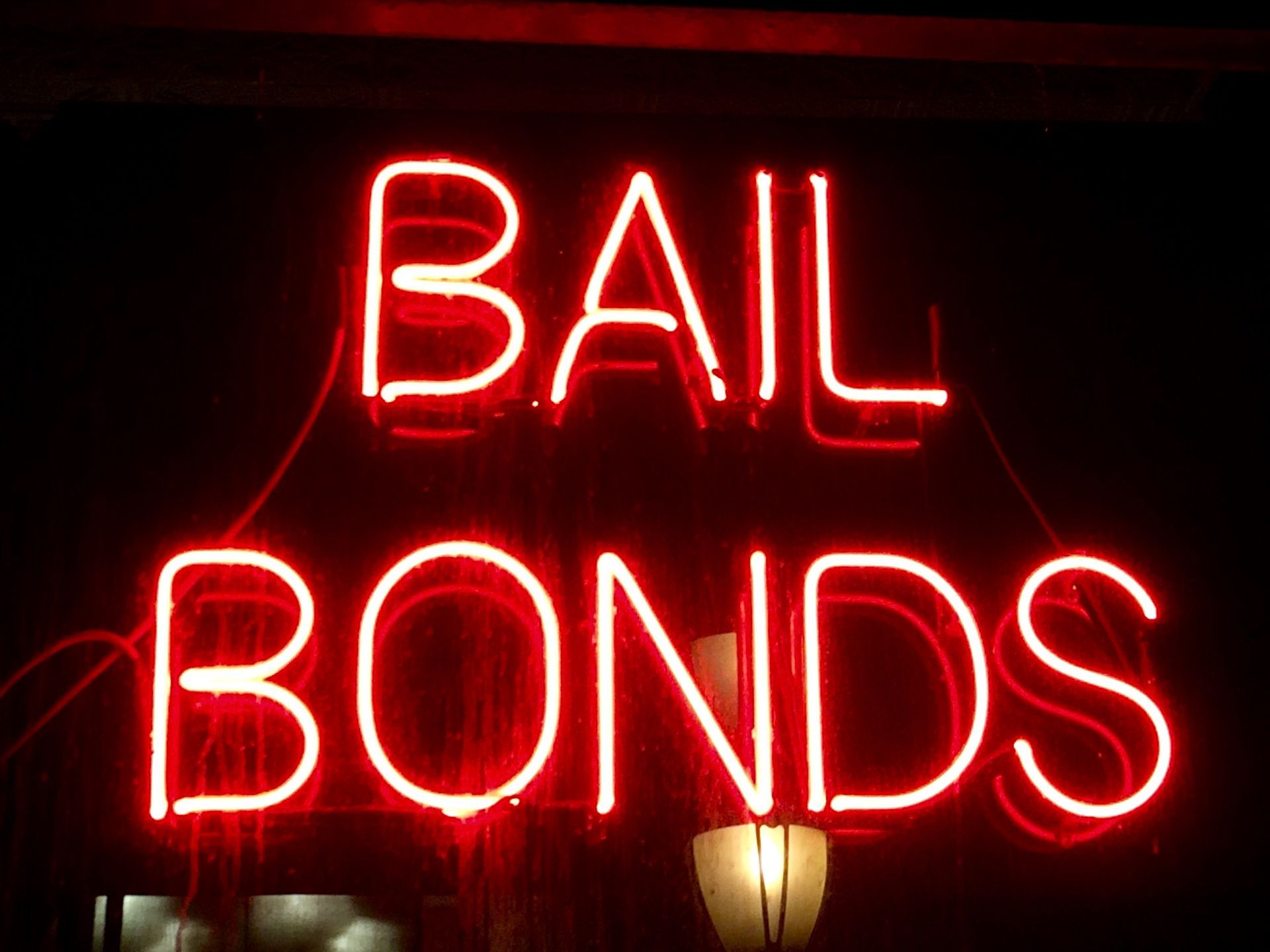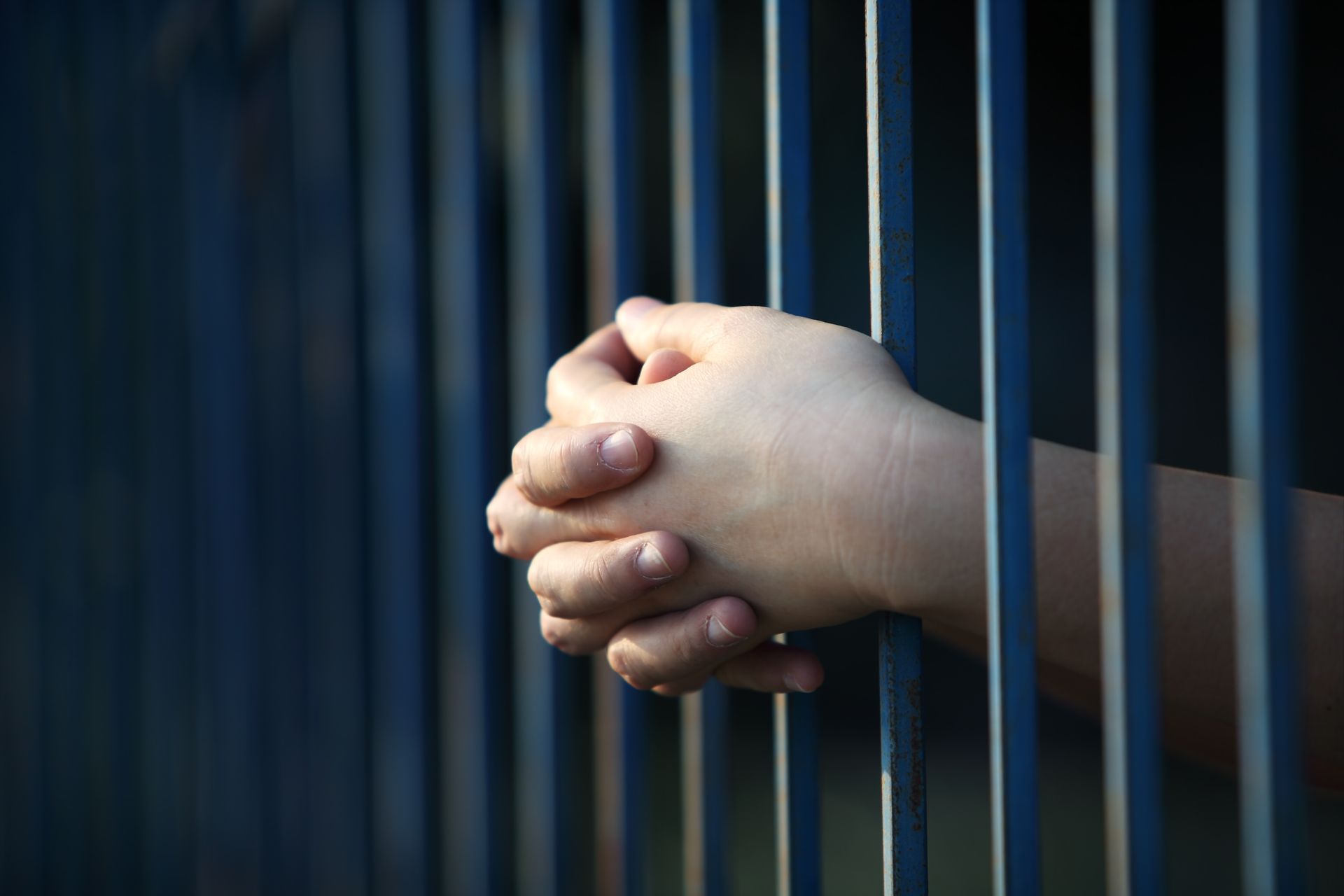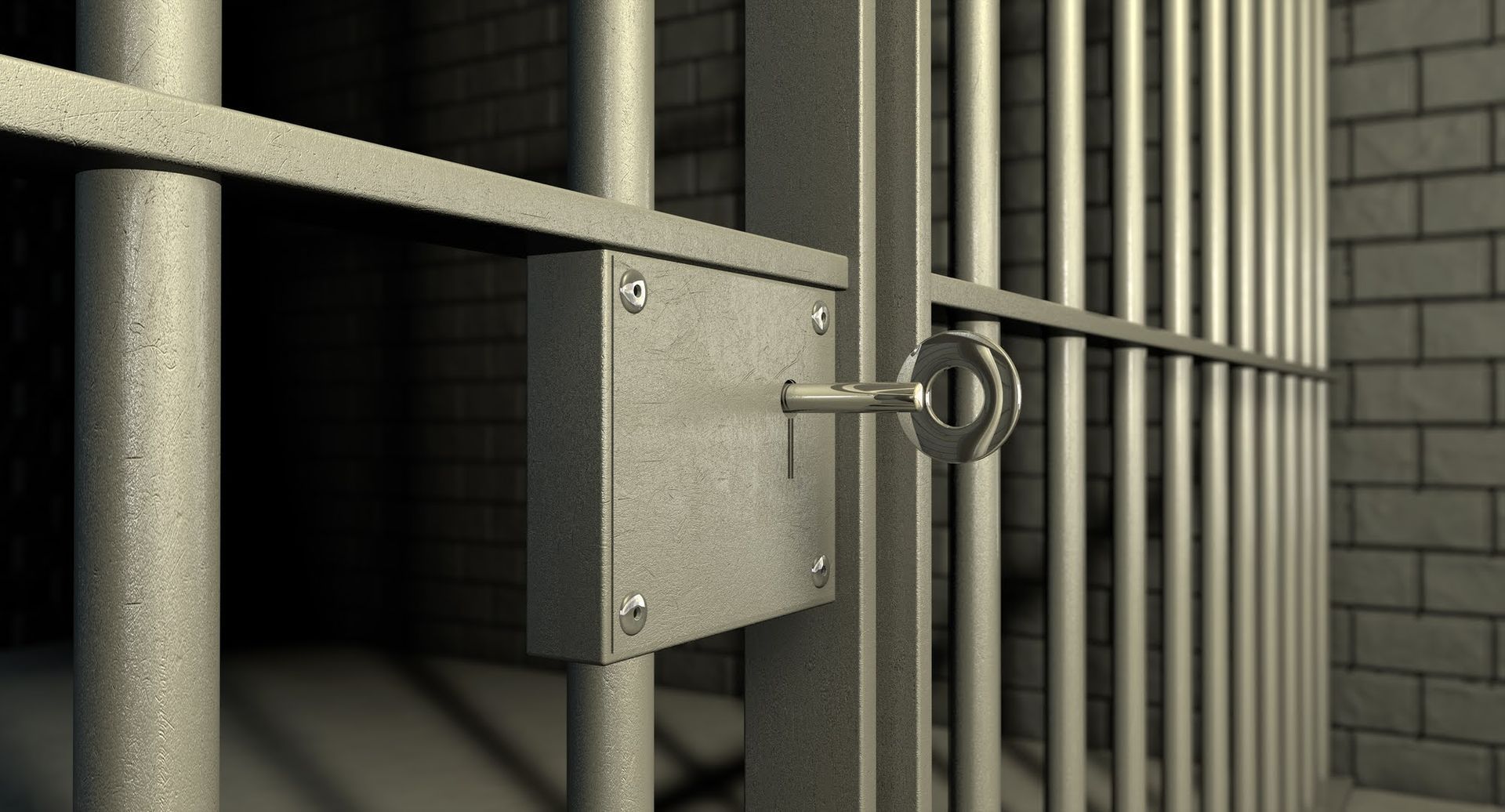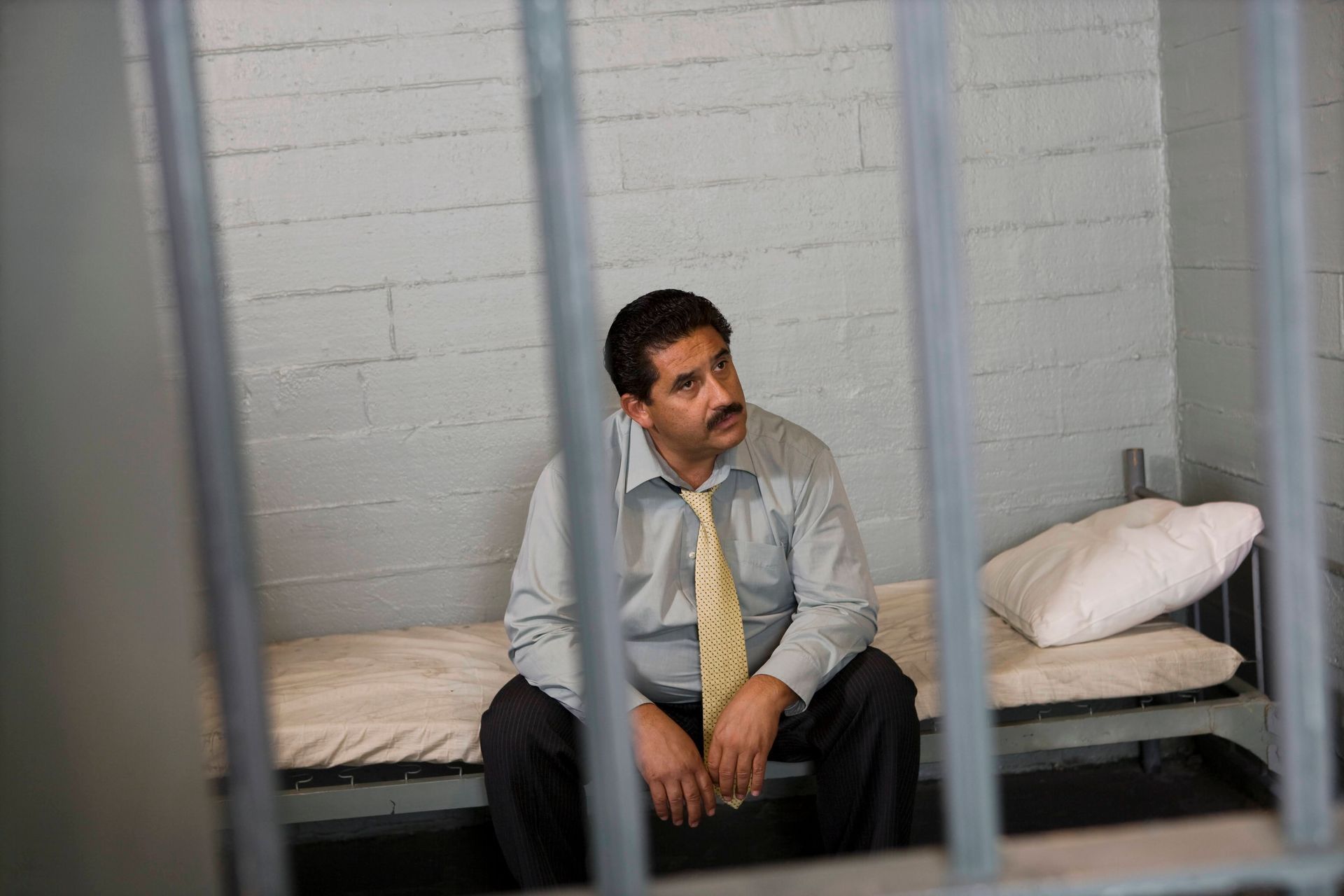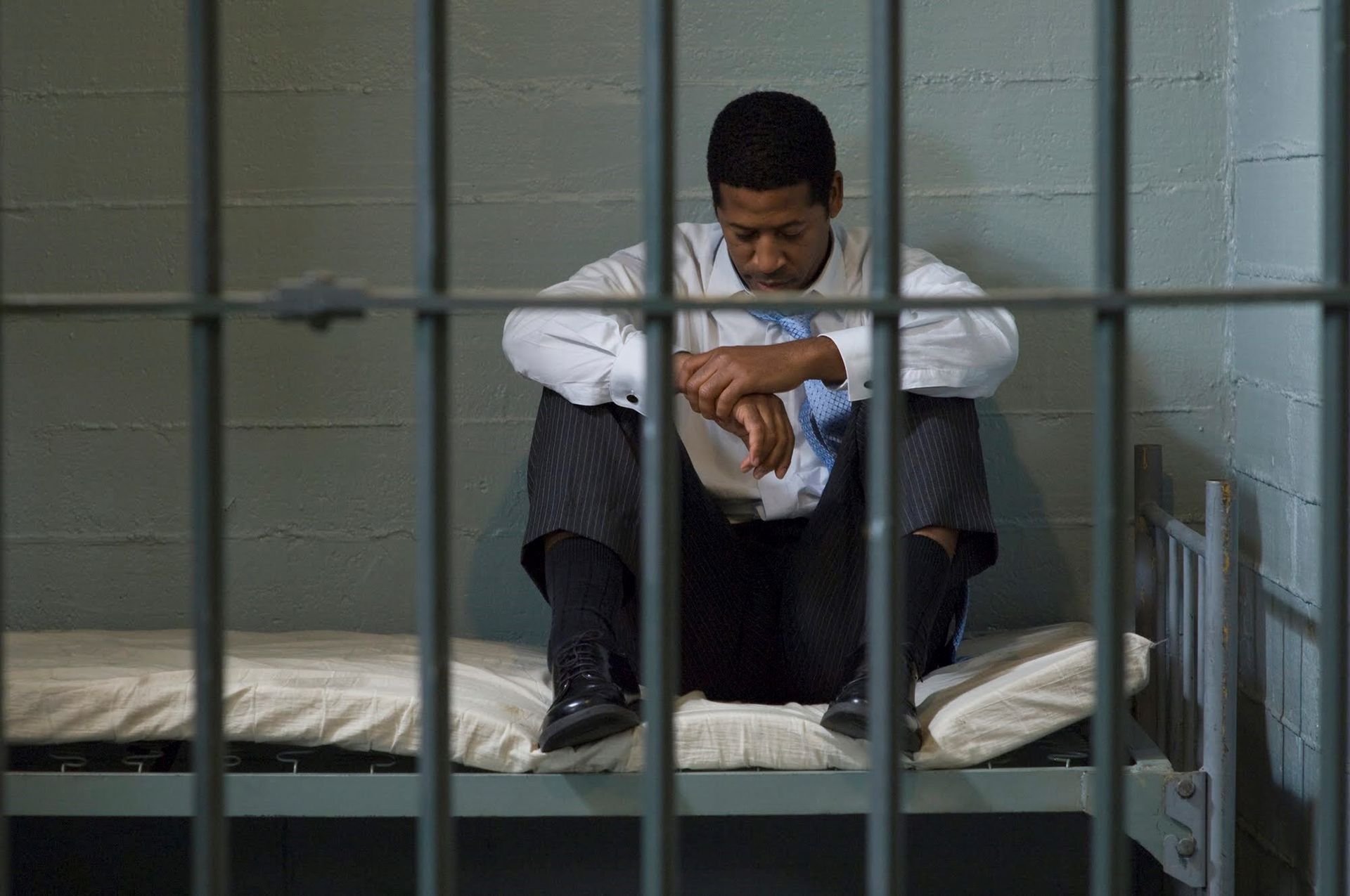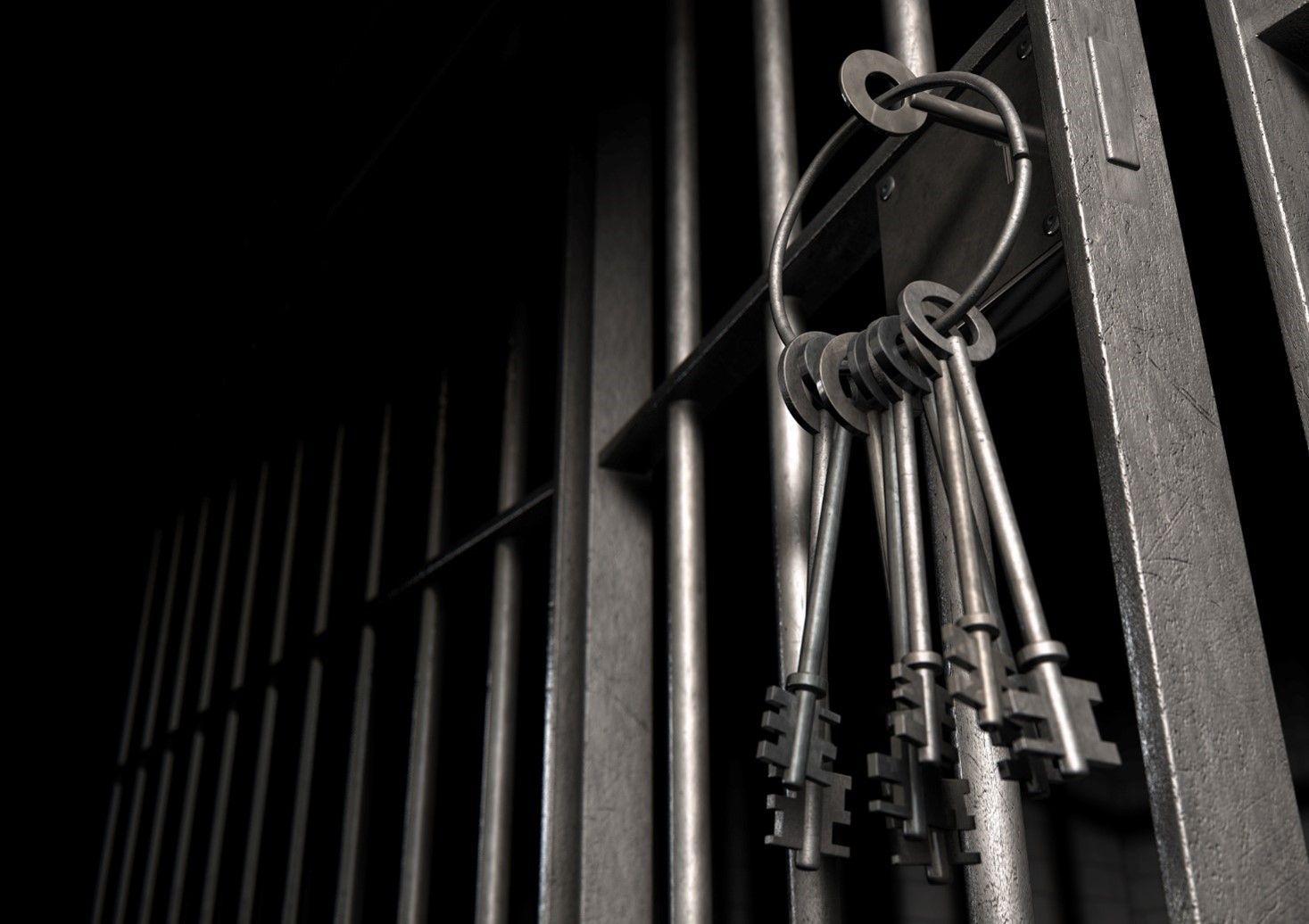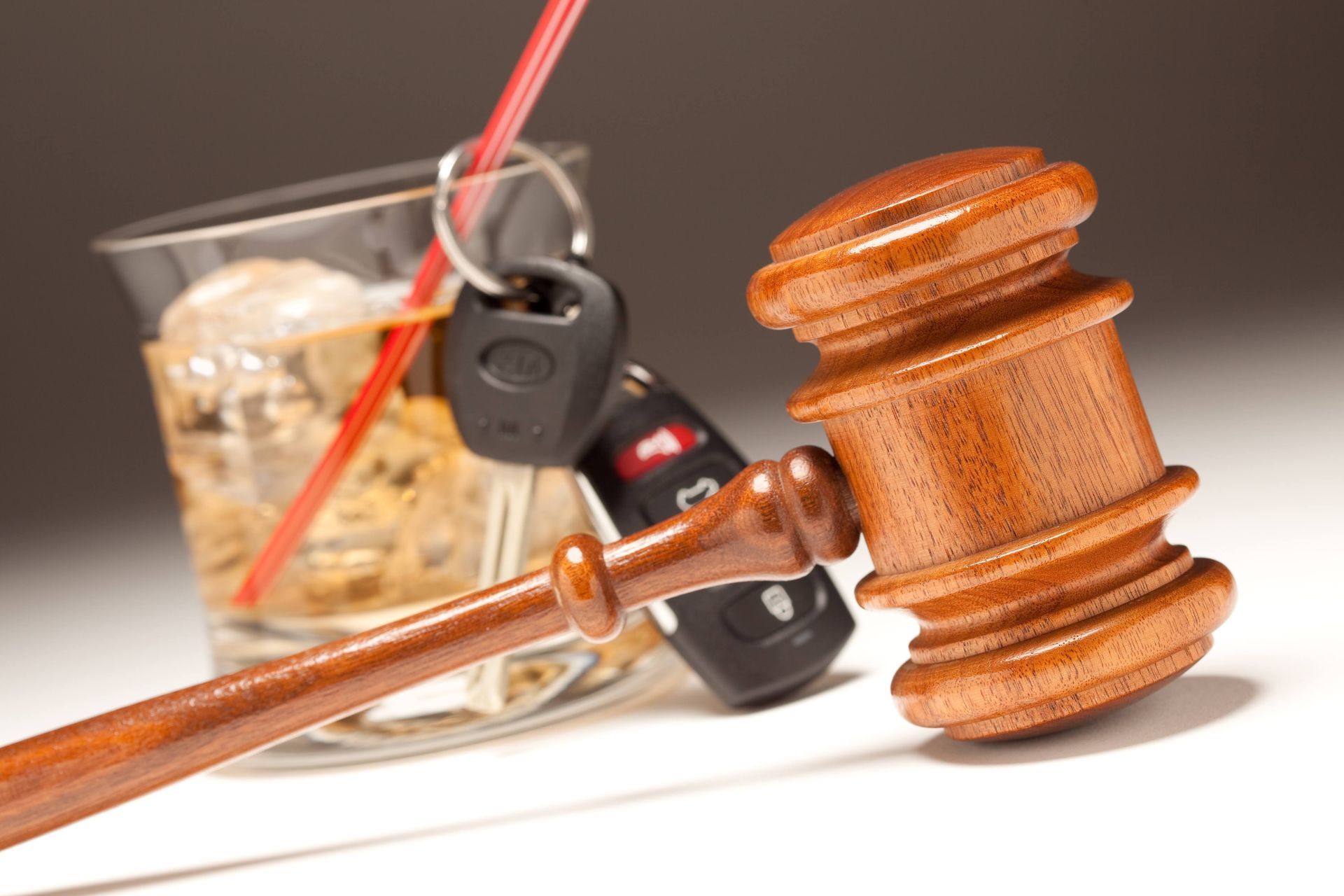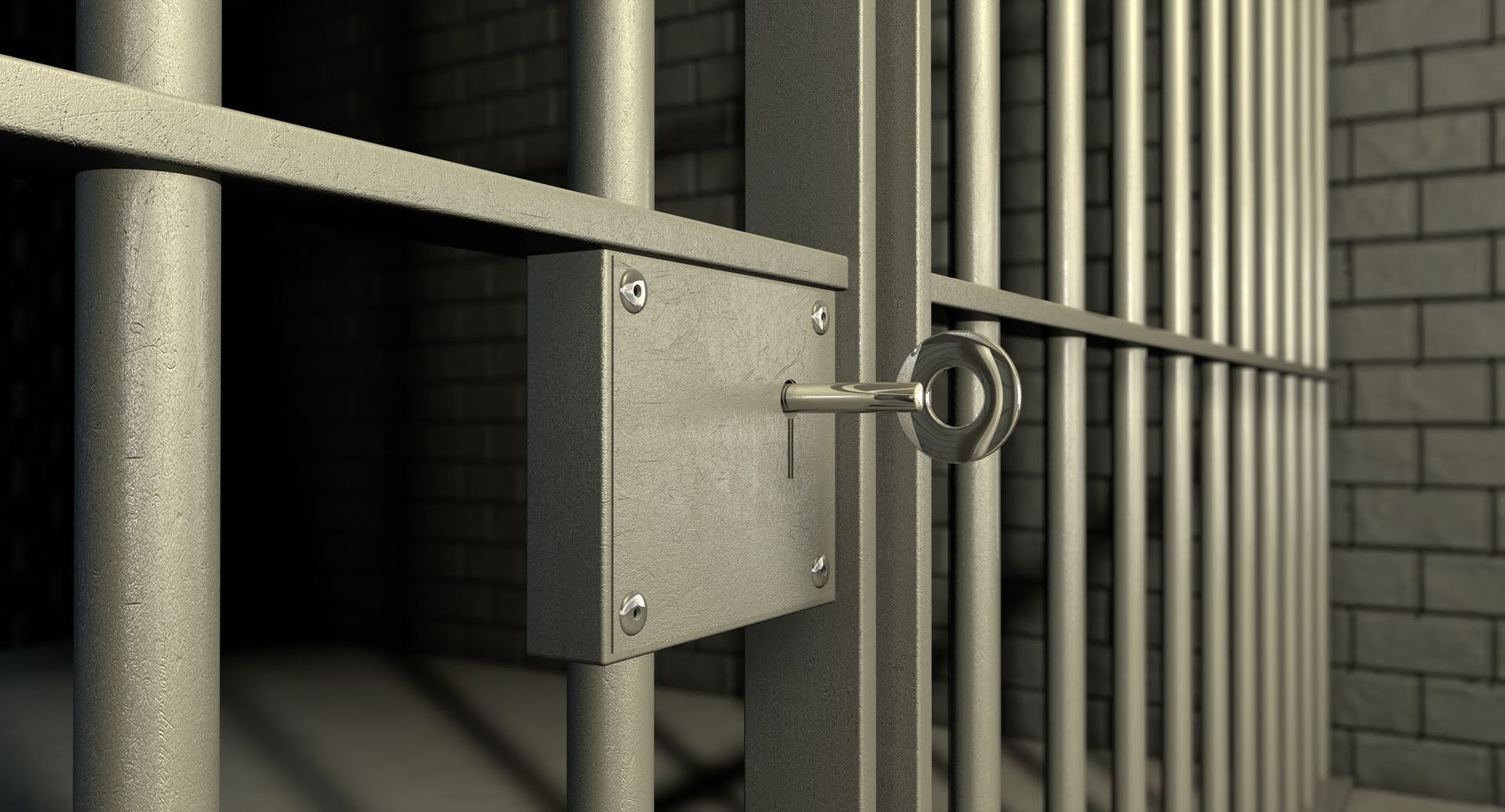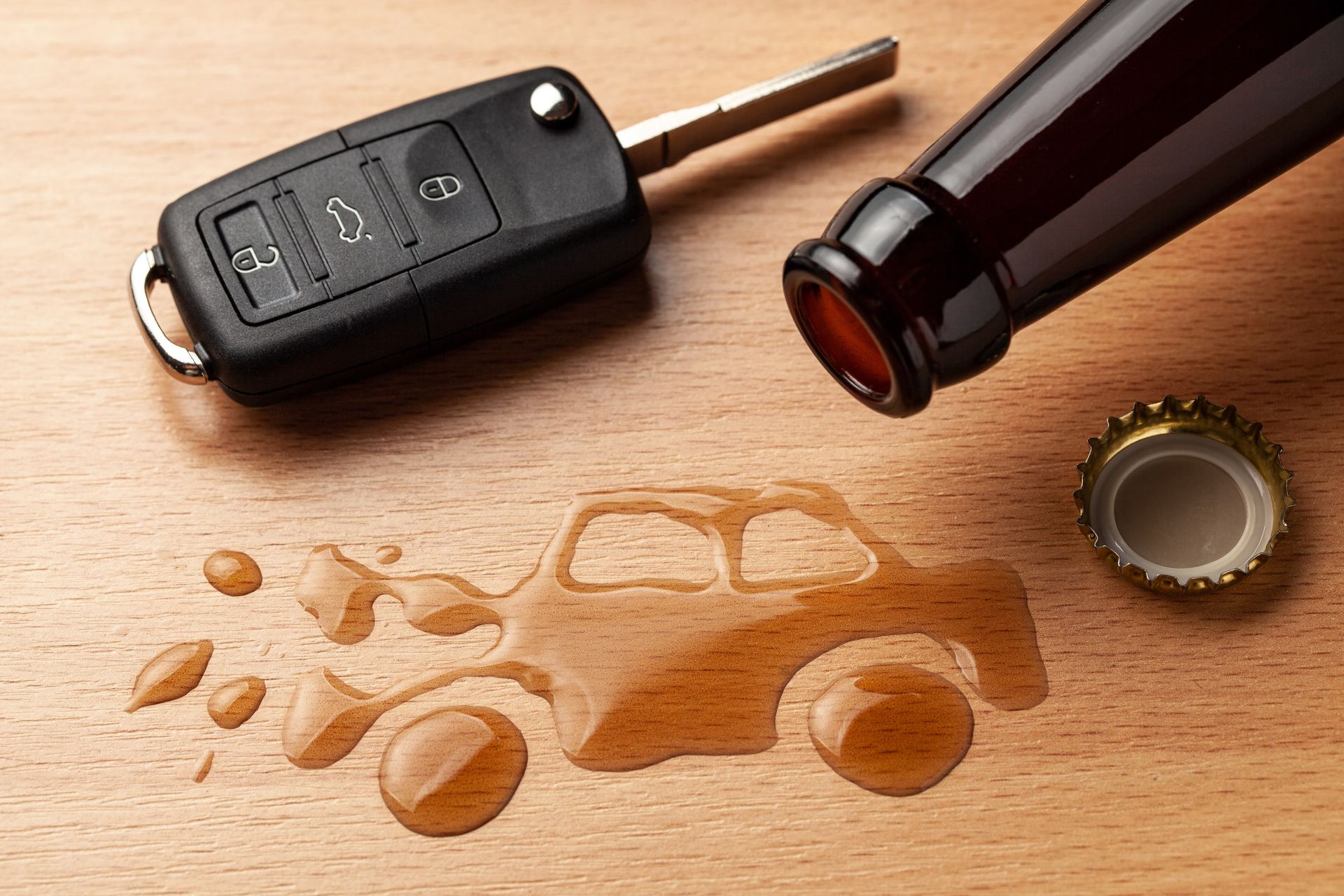4 Questions to Ask a Potential Bail Bondsman
After your arrest, the court will set your bail. Once you pay your bail, you’re free to leave jail until your next trial date.
Bail bonds are issued by third-party companies who specialize in this service. The amount of the required bail bond fee varies based on the state that you live in and the bail bondsman’s contract, but it’s usually around 10 percent of your bail amount. If your bond is set at $5,000, this means you have to pay a fee of $500. Before you sign a contract with a bail bondsman, make sure you ask the following questions.
1. Do You Have Any Guidelines Concerning Acceptable Bond Amounts?
Some bail bond services have minimums for the bail bonds that they can issue. Others don’t have minimums but have rules that dictate the maximum amount of bail that they can cover. Whether or not a bail bond service has rules concerning minimums and maximums for its bail bonds varies according to the market and the size of the bail bond company.
In some cities, it simply isn’t profitable for bail bondsmen to handle cases with small bond amounts. On the other hand, small or new bail bond services may not have the assets to routinely cover extremely high bail amounts.
2. Do You Offer Warrant Services?
Some bail bondsmen offer free warrant check services. This means that they will see if you have any active warrants out for your arrest. Many can also provide bail bonds for those who have warrants. Instead of having to go to jail when you turn yourself in, you might be able to post bail so that you remain free until your court date.
3. What Kinds of Payment Do You Accept?
Make sure that your potential bail bondsman accepts your preferred payment method. Some bail bond services only accept cash, while others will accept credit cards for your bail bond fee.
While you’re on the subject of acceptable payments, see if the bail bond service offers payment plans. If you’re short on cash and don’t have access to affordable credit, this gives you a chance to alleviate the financial stress of your bail bond fee. Always ask for details concerning fees and interest associated with available payment plans.
4. Do You Require a Co-Signer?
You need to ask the bail bond service what its guidelines are for requiring a defendant to have a co-signer. Whether or not you need a co-signer depends on multiple factors, including the details of your case, your criminal history, your credit history, and if you are considered a probable flight risk.
In the world of bail bonds, the co-signer has multiple purposes. Not only does the co-signer give the bail bondsman someone to seek financial payment from if you skip your court date, but it also gives them a starting place to track you down.
If you need a co-signer but don’t have anyone willing to sign, you might have other options. Some bail bondsmen will permit you to put up some type of collateral instead. Should you go missing, the bail bondsman can seize the collateral to cover the cost of your bail.
Want to help a loved one get out of jail? Call Absolute Bail Bonds to begin the bail bond process.
